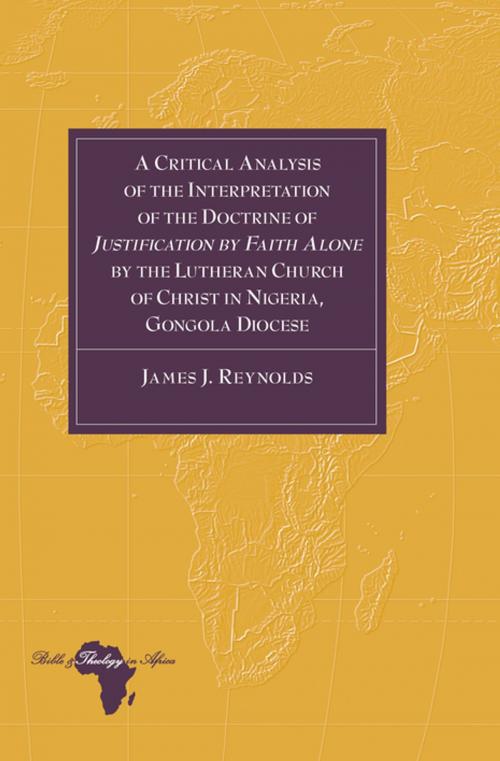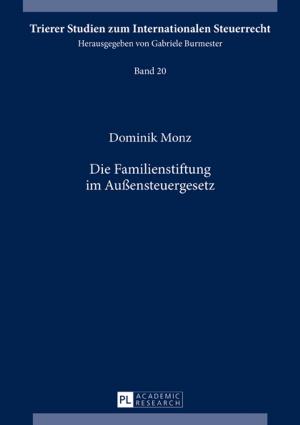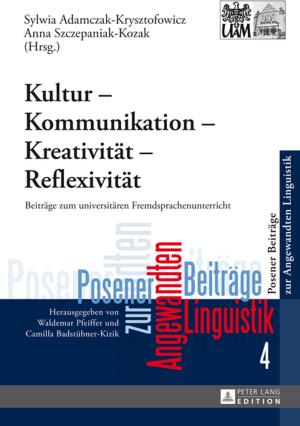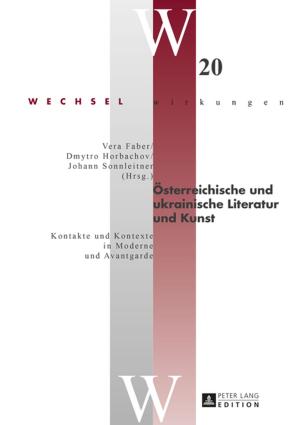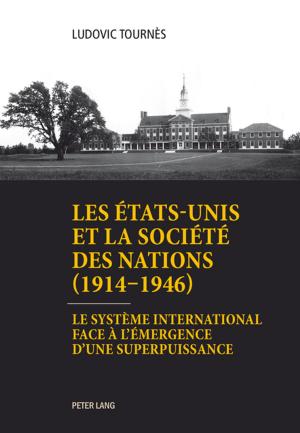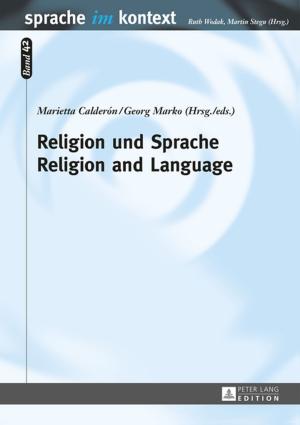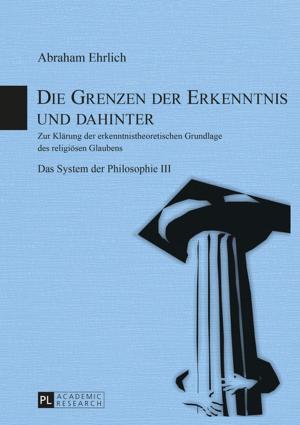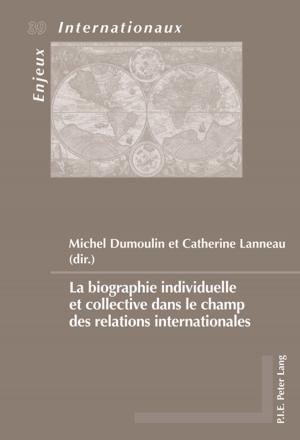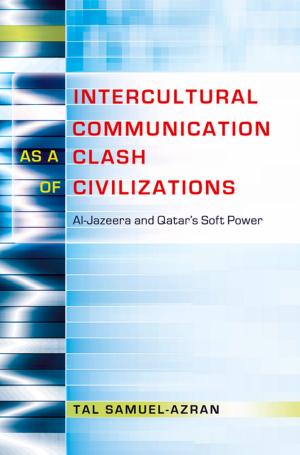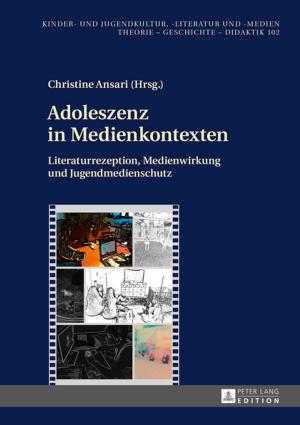A Critical Analysis of the Interpretation of the Doctrine of «Justification by Faith Alone» by the Lutheran Church of Christ in Nigeria, Gongola Diocese
Nonfiction, Social & Cultural Studies, Social Science, Cultural Studies, Ethnic Studies, Religion & Spirituality, Theology, Christianity| Author: | James J. Reynolds | ISBN: | 9781454193395 |
| Publisher: | Peter Lang | Publication: | April 19, 2016 |
| Imprint: | Peter Lang Inc., International Academic Publishers | Language: | English |
| Author: | James J. Reynolds |
| ISBN: | 9781454193395 |
| Publisher: | Peter Lang |
| Publication: | April 19, 2016 |
| Imprint: | Peter Lang Inc., International Academic Publishers |
| Language: | English |
Within the context of the Lutheran Church in Nigeria, Gongola Diocese, this book examines the issues of the interpretation, transmission, and appropriation of the doctrine of justification by faith alone. Using contextualization as the main tool in this exploration, James J. Reynolds argues that intercultural communication holds the key to unlocking how effectively and appropriately these three engagements with theology are executed. The Lutheran church, and indeed most Protestant denominations, assert that justification by faith alone is the cardinal doctrine of Christianity. Scholars, however, are concerned that there is a great level of ignorance among members and misappropriation of justification by faith alone in the lives of members of these denominations. To investigate these underlying factors, three theories are used as a framework with which to test the church’s interpretation of this doctrine: gospel and culture in dialogue, translatability, and contextual theological education programmes for the training of both clergy and laity. In order to initiate this process, the gospel and culture must engage in dialogue through a viable and contextual theological education programme for the training of both clergy and the laity. The Lunguda practice of ntsandah provides an ideal entry point for a proper informed interpretation of justification by faith alone. Ultimately, the author argues that the employment of intercultural communication in transmitting the message of justification by faith alone will be successful in helping address this problem.
Within the context of the Lutheran Church in Nigeria, Gongola Diocese, this book examines the issues of the interpretation, transmission, and appropriation of the doctrine of justification by faith alone. Using contextualization as the main tool in this exploration, James J. Reynolds argues that intercultural communication holds the key to unlocking how effectively and appropriately these three engagements with theology are executed. The Lutheran church, and indeed most Protestant denominations, assert that justification by faith alone is the cardinal doctrine of Christianity. Scholars, however, are concerned that there is a great level of ignorance among members and misappropriation of justification by faith alone in the lives of members of these denominations. To investigate these underlying factors, three theories are used as a framework with which to test the church’s interpretation of this doctrine: gospel and culture in dialogue, translatability, and contextual theological education programmes for the training of both clergy and laity. In order to initiate this process, the gospel and culture must engage in dialogue through a viable and contextual theological education programme for the training of both clergy and the laity. The Lunguda practice of ntsandah provides an ideal entry point for a proper informed interpretation of justification by faith alone. Ultimately, the author argues that the employment of intercultural communication in transmitting the message of justification by faith alone will be successful in helping address this problem.
